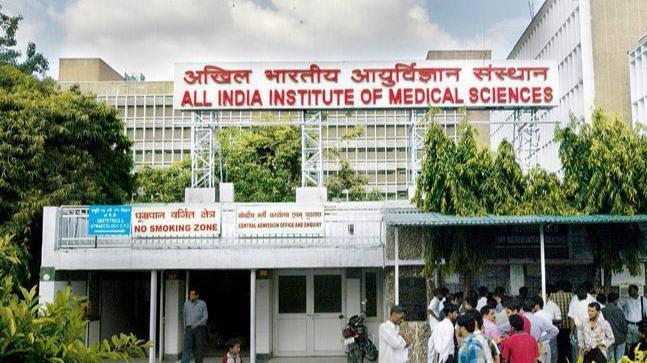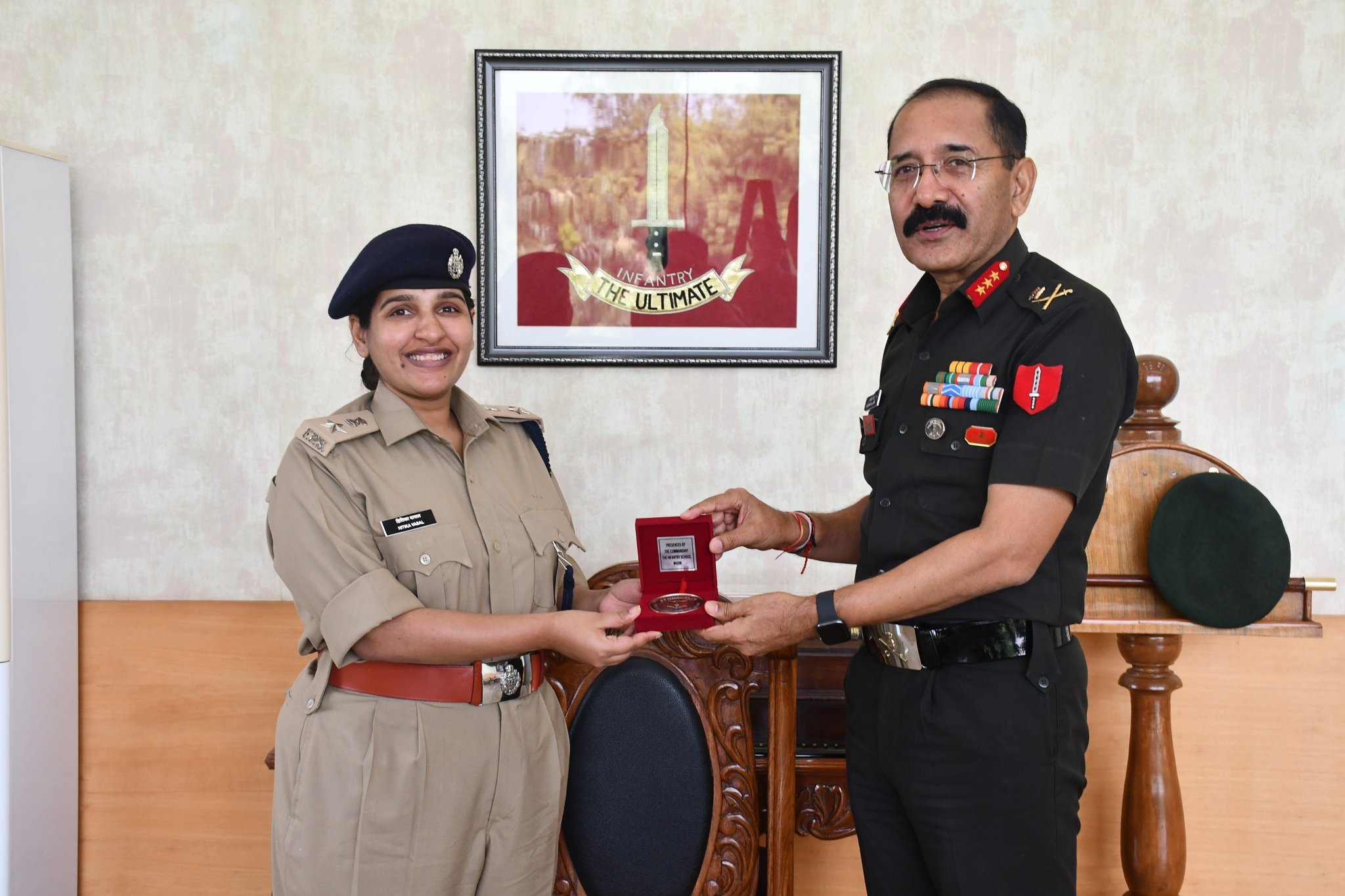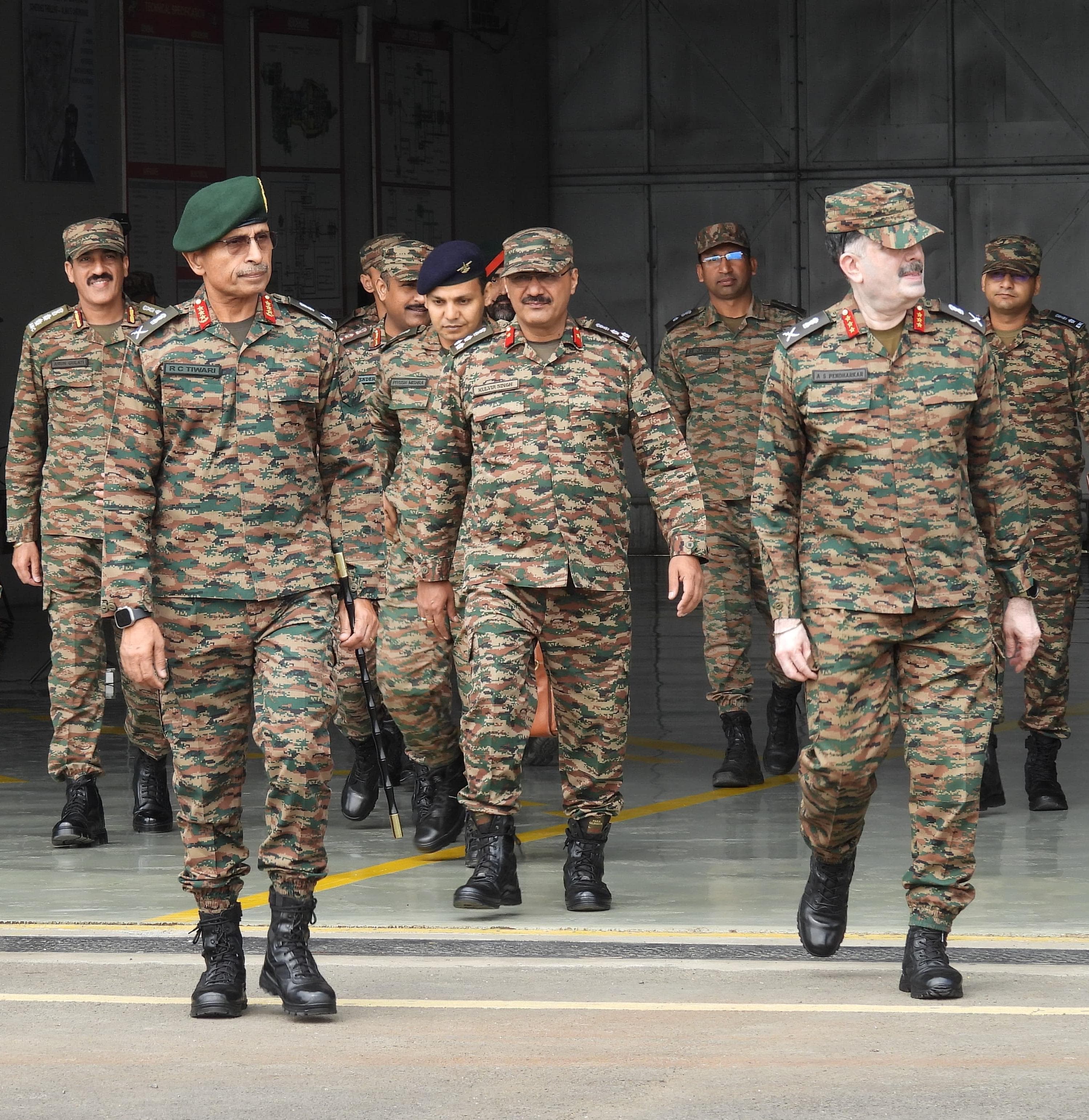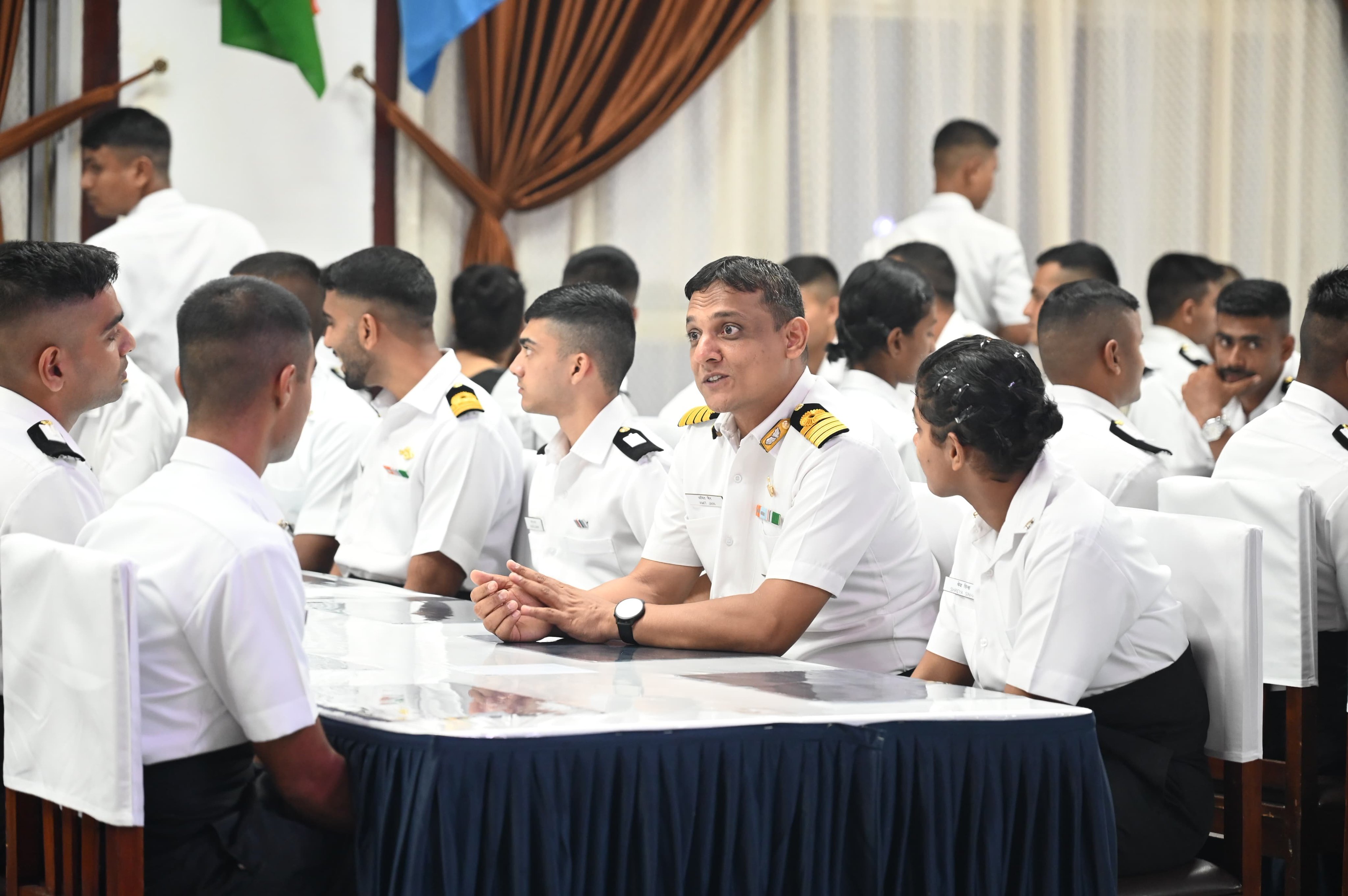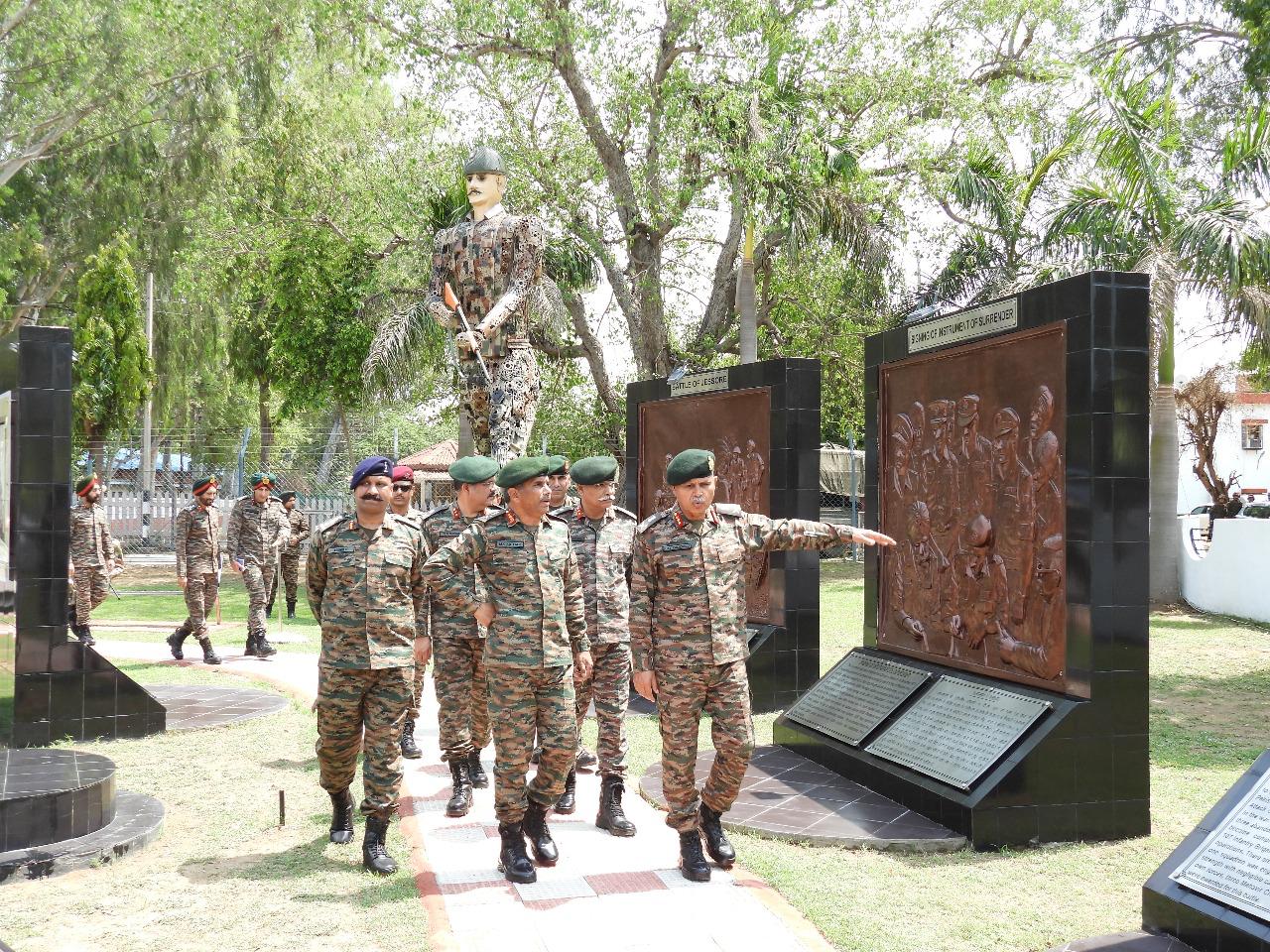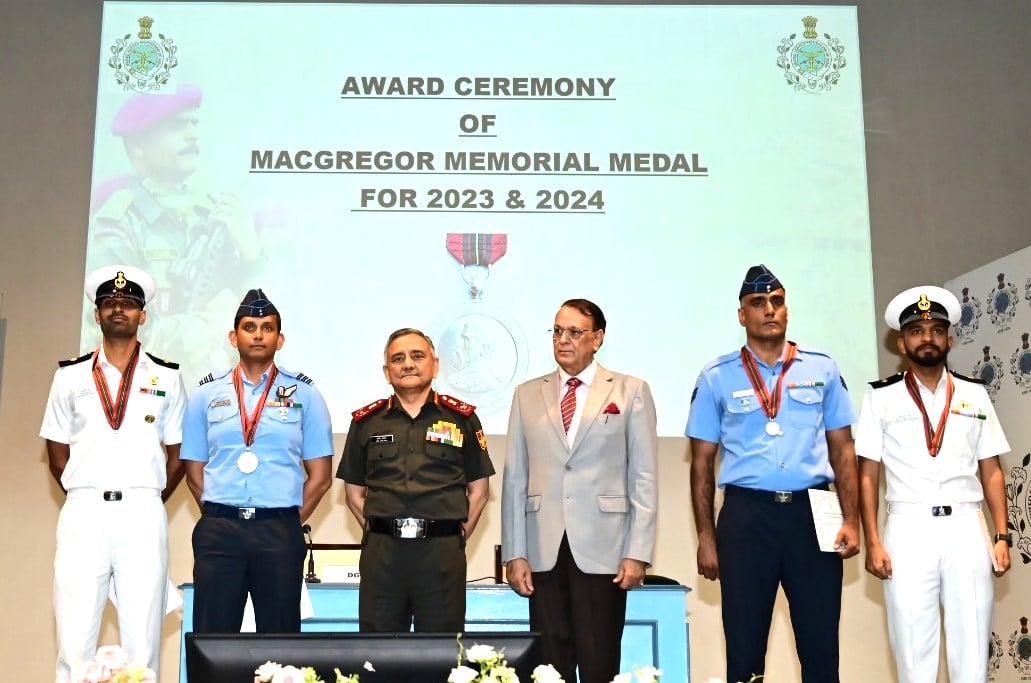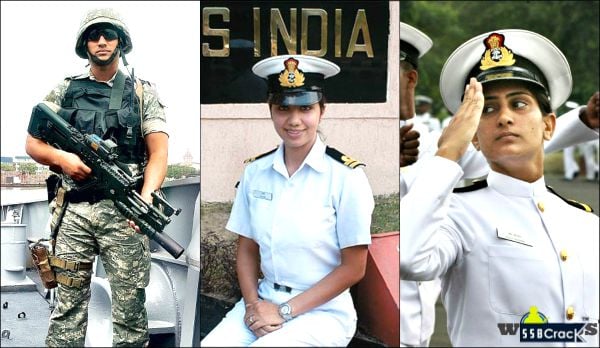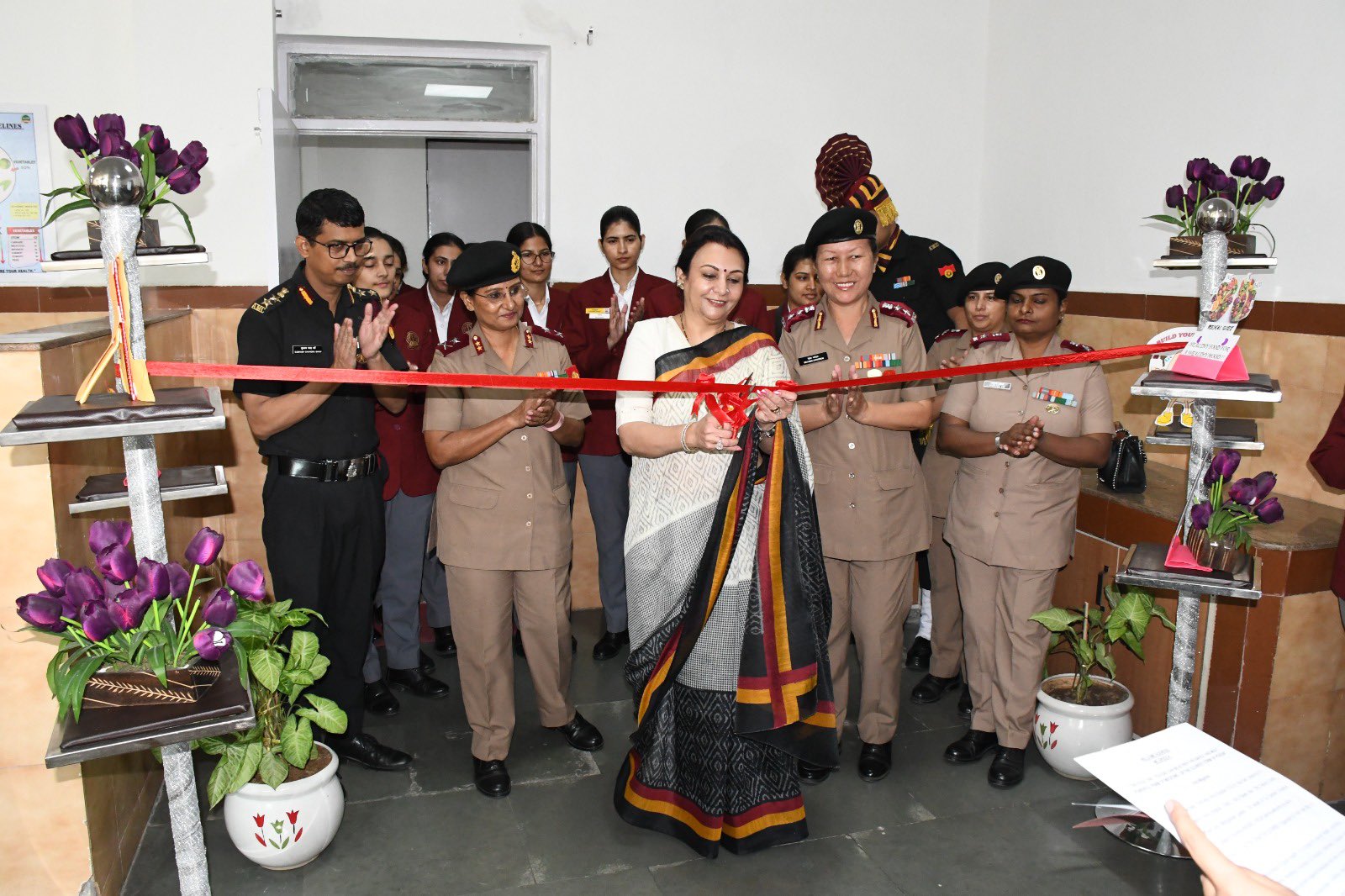In a ground breaking initiative, the Defence Research and Development Organisation (DRDO) has embarked on a collaborative venture with all 18 All India Institutes of Medical Sciences (AIIMS) across the nation. The objective: to compile a comprehensive database of the Indian population, focusing on susceptibility to various environmental conditions.
This unique database is envisioned to revolutionize the development of defence equipment and optimize deployment strategies for the armed forces, particularly in adverse weather conditions.
The genesis of this collaboration began with preliminary discussions at AIIMS Bhubaneswar, which has eagerly embraced the partnership with DRDO. Their joint efforts will delve into research on heat stress susceptibility factors, pivotal in determining troop deployment strategies amidst challenging weather conditions.
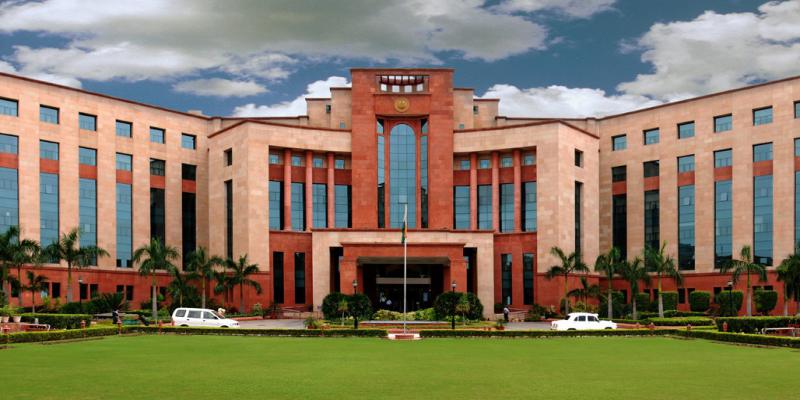
According to sources within DRDO, heat stress and extreme environmental conditions pose persistent challenges to military personnel, with potentially fatal consequences and heightened susceptibility to combat-related hazards.
Through the collaborative project named “Viswakarma,” DRDO and AIIMS will leverage artificial intelligence (AI) and machine learning (ML) technologies to construct a comprehensive database of the Indian population, focusing on human-machine interface aspects.
Speaking on the initiative, a senior scientist from the Defence Institute of Physiology and Allied Sciences (DIPAS) under DRDO highlighted the significance of indigenous development under the Atmanirbhar Bharat initiative.
He emphasized the critical need for anthropometric and body composition data to design cutting-edge defence equipment, a gap this collaboration seeks to address.
The scope of research extends beyond heat stress to encompass extreme cold conditions, hypoxia, and high-altitude-related health factors.
Currently, responses to heat stress are primarily symptomatic, but the collaboration aims to identify susceptibility factors to streamline decision-making processes regarding troop deployment.
Highlighting the strategic implications, DRDO underscores the growing importance of cognitive warfare and cognitive domain operations in future warfare scenarios. The Viswakarma project is poised to be a game-changer, leveraging insights from collaborative research to enhance military physiology and bolster national defence capabilities.
Director of DIPAS, Rajeev Varshney, affirmed the significance of the collaboration with AIIMS, emphasizing its potential to strengthen research across diverse domains such as underwater, heat, high-altitude, and hypoxic stress.
This concerted effort represents a significant stride towards enhancing India’s military preparedness and underscores the nation’s commitment to leveraging cutting-edge research for national security.

